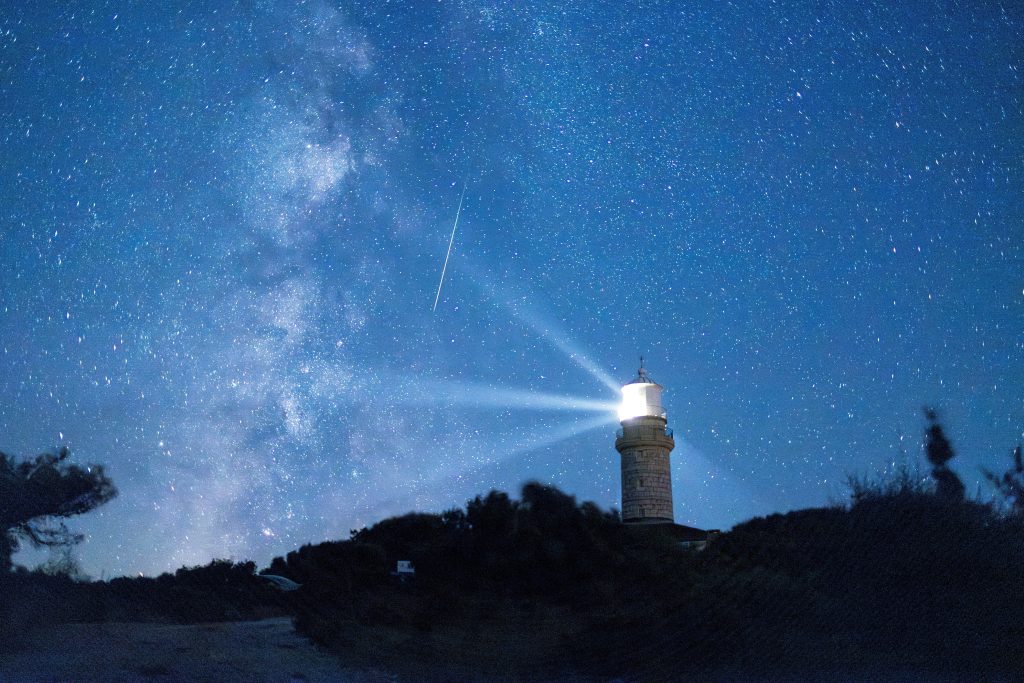The Perseid meteor shower is an eagerly awaited annual event for stargazers, running from July 17 to August 24. Known for its high frequency of bright meteors, the Perseid shower is a highlight in the astronomical calendar. In 2024, this shower promises a stunning display, particularly around its peak from August 12-13.
Understanding the Perseid Meteor Shower
The Perseids originate from debris shed by Comet 109P/Swift-Tuttle. As this debris collides with Earth’s atmosphere, it burns up at speeds ranging from 7 to 45 miles per second, creating dazzling light streaks in the sky. These meteors typically travel at an average speed of 36 miles per second, heating the air before them to extreme temperatures, which often results in bright trails or even fireballs for the larger fragments.
The connection between meteor showers and comets was first established by Giovanni Schiaparelli, following the discovery of Comet Swift-Tuttle by astronomers Lewis Swift and Horace Tuttle.
Optimal Viewing in 2024
The Perseid meteor shower’s activity increases nightly until its peak in mid-August, after which it declines. This year, the peak coincides with the Moon’s First Quarter, creating favourable viewing conditions due to minimal natural light interference.
How to Watch the Perseids
To experience the Perseids at their best, choose locations away from urban light pollution. Parks or rural settings are ideal. Allow your eyes to adjust to the darkness for at least 15 minutes to improve your chances of spotting the fainter meteors. Meteor sightings can occur anywhere in the sky, but they radiate from the constellation of Perseus, which can be located using a stargazing app.
Best Times for Viewing
While the Perseids are visible soon after sunset in the UK, the optimal viewing times are between midnight and 5:30 AM. During this period, the radiant point is well above the horizon, enhancing meteor visibility.
By planning ahead and selecting the right conditions and timings, you can enjoy one of the most breathtaking natural spectacles the night sky has to offer.





